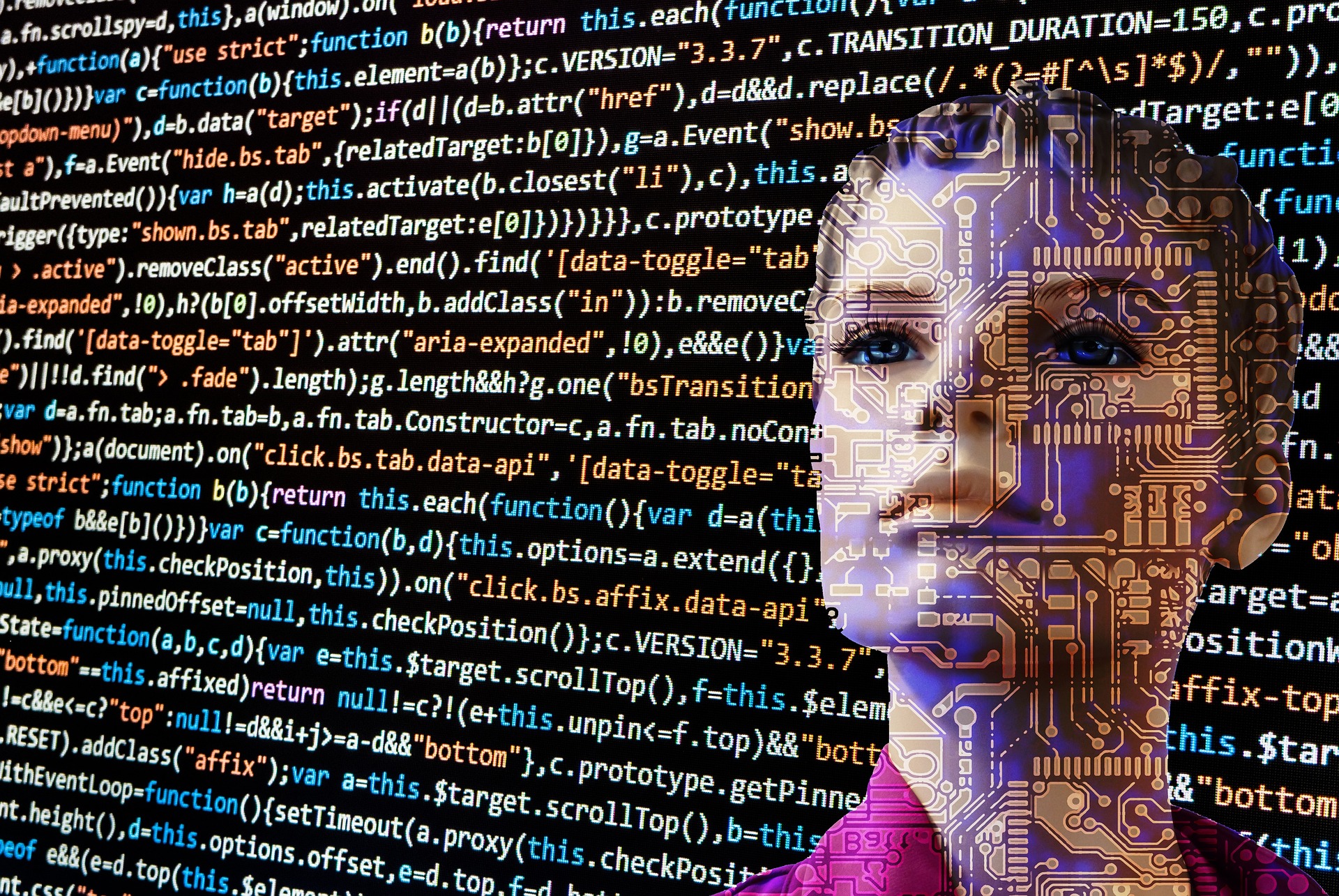Artificial intelligence (AI) technology is being used more frequently in various industries’ decision-making processes as it continues to advance. AI algorithms are being used in a variety of industries, including healthcare, finance, and education, to analyze data and make wise decisions. This increased reliance on AI, however, prompts ethical issues and worries about the possible outcomes of using algorithms to make decisions that have an impact on people’s lives.
The Challenge of Bias in AI Algorithms
The possibility of bias when using AI in decision-making processes is one of the main worries. Even though AI algorithms are programmed by humans, they may still produce biased results if the training data they are using is biased. For instance, if an AI algorithm is trained on data that reflects historical racial or gender biases, it may uphold those biases in its decision-making. This might result in the unfair treatment of particular groups of people.
The Issue of Transparency in AI Decision-Making
Lack of transparency in the decision-making process of AI algorithms is a further worry. The fact that many AI algorithms are “black boxes” makes it challenging or impossible to understand how they came to a particular conclusion. Identifying and fixing biases or errors in the algorithm may be difficult due to this lack of transparency. Additionally, it can make it challenging for those who are impacted by the algorithm’s decisions to comprehend why those decisions were made.
The Advantages of AI in Decision-Making Processes
Despite these worries, applying AI to decision-making procedures may have some advantages. AI algorithms, for instance, can process and analyze enormous amounts of data much more quickly than humans, which makes them useful for tasks that call for quick decisions. Additionally, they can aid in minimizing human error, which can have serious repercussions in sectors like finance and healthcare.
OpenAI’s Open Source Approach and Its Implications
It’s crucial to understand that AI is not a solution to every issue with decision-making, though. It is not always the best option, so its use in each unique situation must be carefully considered.
So, is OpenAI open source? The answer is yes, and this has important implications for the ethical use of AI. By making its software open source, OpenAI is allowing others to inspect and audit its algorithms, increasing transparency and accountability in AI development. This is critical for addressing concerns around bias and ethical decision-making.
Conclusion and the Importance of Ethical AI
In conclusion, the ethical implications of using AI in decision-making processes are complex and multifaceted. While AI algorithms can offer significant benefits, they also raise important concerns around bias, transparency, and accountability. It is essential that we continue to have conversations and debate around the appropriate use of AI in decision-making, with a focus on ensuring that its development and implementation are ethically responsible

